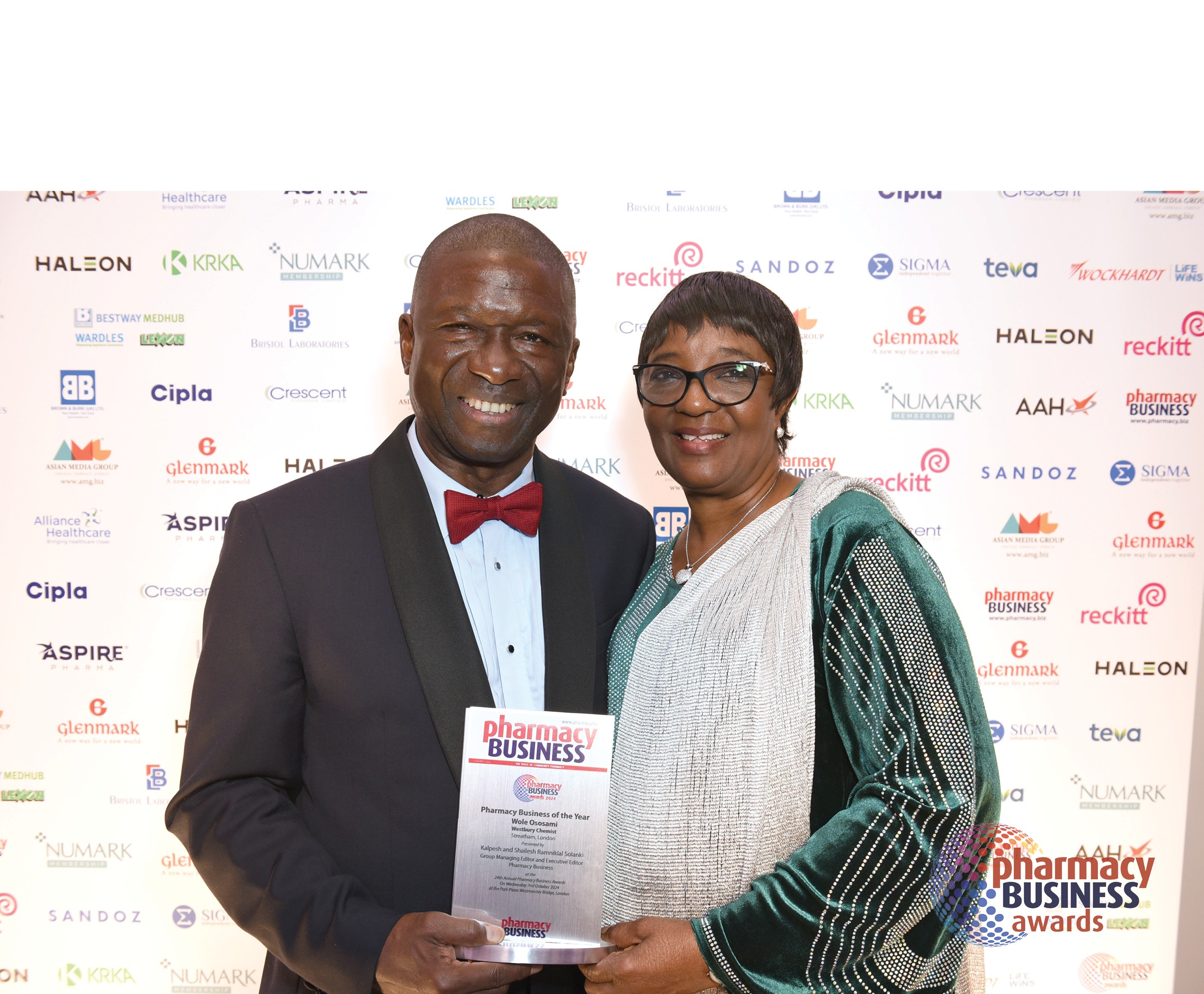There is something about stories that grabs our attention and imagination. We want to know how it all began, what happened in between and most especially how it all ended. While you have our attention, you might as well make the most of it by sharing a few lessons or a take-home message that will be of benefit and possibly if acted upon improve our lives.
[featured-image single_newwindow=”false”][/featured-image]
[callout]If you would like to know how to use stories to enhance your speeches, presentations and sermons, Andrew and I would love to see you on our next live webinar “WorldClass Storytelling Masterclass”. Click on the link for more information and to register[/callout]
For today’s purpose I am going to use the dictionary.com definition of story which is “a narrative, either true or fictitious, in prose or verse, designed to interest, amuse, or instruct the hearer or reader”.
5 Places where stories are told
#1. At home
Some of you may have grown up with bedtime stories and some of us still have young ones who love bedtime stories. So we tell bedtime stories to our children.
When we gather together with other family members, we recount old family stories of memorable times together. My daughter would always tell the story of one of our family holidays where we hired a car and drove to every destination on our itinerary. The memorable part of this trip was that we got lost or drove around in circles a few times because dad (me) was too stubborn to ask for direction.
#2. At School
We tell our friends about our holidays, we talk about what we were up to over the weekend.
We tell stories bragging about our escapades.
Sometimes we tell stories about other family members, friends and neighbours who are going through a tough time.
#3. At Work
If the company has been around for a while, you will hear the stories of the great exploits of the founding fathers and mothers.
We exchange stories with our work collogues about the lessons learnt from the various projects we are/were involved with.
And then there are stories about other work colleagues who are having a hard time with their bosses.
#4. In social gatherings
We have after-dinner speeches with stories.
We ourselves tell stories to anyone who cares to listen as we move from table to table.
We tell stories to impress our guests.
#5. In presentations, workshops and sermons
Stories are told to illustrate points. We tell stories to connect with our listeners.
We tell stories to make our listeners laugh and relaxed i.e to entertain.
We use stories to make our speeches and points memorable.
[button href=”https://woleososami.com/storytelling-masterclass” primary=”true” centered=”true” newwindow=”true”]Click To Register For This Free Storytelling Webinar[/button]
Are you a storyteller?
There was a time when I did not use stories in my speeches and presentations, nor did I consider myself a storyteller.
Until I discovered the magic of stories. I listened to speakers I admire tell story after story to illustrate points and I would be inspired and encouraged. So I tried out my own stories and I could feel the difference in the audience response. I felt better and my speech was better understood and remembered. Listeners may not have remembered some of my points but they could certainly recollect my stories.
You too can learn to tell stories. You can learn to captivate your audience with your stories. You can learn to anchor your points with stories and you can learn where to find stories from your everyday life.
What makes a good story?
There are 9 ingredients in the WorldClass Storytelling Model. However, I will tell you about three of them today.
#1. Characters
Every story involves someone or something. Someone works better than something and it is even better if that someone is you. As in movies, there is the lead character, supporting characters, the villain and the hero. The characters have personality, they have looks and they invariably get into trouble. The more the characters come alive in your story, the more your listeners can connect, relate and be interested in your story.
The most relatable of characters in any story is you the storyteller. We can see and hear you speak and we are more likely to empathise with you should you get into trouble in your story. That’s why personal stories are very effective.
#2. Conflict
Stories without an obstacle or conflict can be boring. The bigger and more challenging the conflict, the more interested your listeners will be in your story. Do you know or remember the story of David and Goliath?
The quicker you throw your characters into the conflict the faster your listeners get hooked on your story. Once hooked, you intensify the conflict. You may have heard the story of Dick Fosbury, how he arrived at the Mexico Olympics in 1968 a relatively unknown person. Dick Fosbury stunned the sporting world in front of a record 80,000 spectators with the high jump bar set at 2.24meters (7ft 4in). After the second competitor failed his third attempt, Dick cleared the bar with his then unusual style of head first over the bar to win the Olympic gold and set a new world record. Despite the success of Dick in Mexico, the Fosbury flop did not become a popular method of high jumping until many years later.
#3. Cure
We all like a happy ending to stories. So at some point in your story, against all odds, the main character of your story must find a solution or cure to help overcome the conflict. What kind of story would we have if Goliath had killed David. We would have naturally forgotten because that would be an obvious outcome and therefore not a story worth telling. But when the underdog wins, then there is something to learn from the outcome. In short, David must always kill Goliath!
Click here to register for the webinar and get the other 6 ingredients.
Why should stories be used in presentations and speeches?
- To attract audience attention
- To add humour
- To make a connection
- To emphasise a point
- To illustrate an idea
Sometimes you can tell several short stories to illustrate several points or you can uncover many points from a single story. There is more of this on the webinar.
How can you make your story memorable?
At this point, I will borrow from Chip and Dan Heath in their book “Made To Stick”. Their six principles of sticky ideas which can also be applied to stories are as follows:
- Simple
- Unexpected
- Concrete
- Credible
- Emotional
- Inspire
So keep your stories simple, add unexpected twists, flesh out your characters and scenes to make them concrete, exaggerate but make it believable and credible, appeal to the emotions and make your message an inspiring one.
[callout]If you want to know more about crafting unforgettable stories for use in your speeches, presentations and sermons, then join me on the free webinar on Thursday 13th October. Click for information and signup.[/callout]







